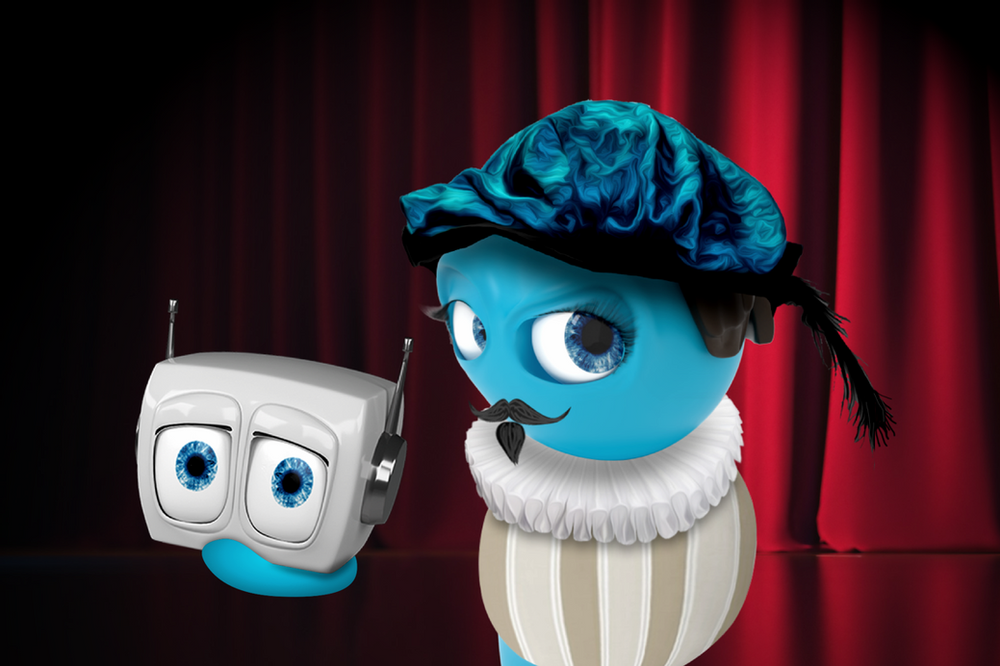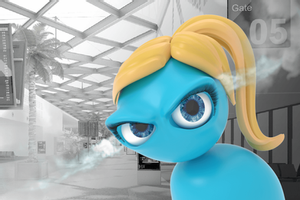
Tina Maia is the founder of the Chocolate Consultancy, an eCommerce, Sales, and Marketing agency dedicated to assist online retailers find smart solutions to help them grow their businesses.
This article was originally published by Tina Maia on LinkedIn. Tina has given permission for this content to be re-published by Powerfront.
Live Chat can be a blessing or a curse depending on how well you’re doing it. I wanted to share my experiences of researching the mysterious world of Chat Bots.
I was considering taking on a new client, Powerfront, who provide a very advanced live chat platform to close the gap between in store and online customer experience. I am selective with my clients as I have limited bandwidth and want to work with service providers that I can make a difference for.
I set about educating myself on the the subject of Live Chat and Chat Bots over the Black Friday and Christmas shopping periods and what I discovered is; not all bots are equal…
Enabling a customer service team with insights to actually be a help, not a hinderance to conversion, is more important than you might think. We all know that conversion depends on reducing friction so what are the bot basics that make the difference?
What do your Customer Service reps know about the person they are engaging with? If I was in a store, a representative would clearly know what product I am looking at, how long I have been browsing, they could have a sense of whether I am annoyed or relaxed and may be able to sense if I am in a rush. What is the status of the customer? Have they shopped before? Have they visited many times, maybe abandoned carts? In the real world shop assistants often know repeat clients and in the luxury world VIP’s even have personal shoppers that know their tastes and personal circumstances. How long is it taking to answer questions?
Reducing friction means reducing time, how long does it take to get from Bot to Live Rep? How many stages are required to gauge the customers requirement? Are your Customer Service Reps given the ability to be proactive and prevent cart abandonment? If they are only reactive then that’s like walking into a shop and the shop assistants are all on their coffee break and will only come out if there’s a problem. What insights do you have into the level of service your reps are providing your customers with? People are quick to complain and slow to compliment, do you have any idea who your superstars are? Could you improve your company culture by actually being able to reward and promote proactive and helpful reps who may otherwise go unnoticed and leave the company?
So back to my experience of bot shopping… It was a very mixed bag indeed. In some instances the live chat was almost impossible to find and others it was intrusive. The worst ones are where you ask a question and you’re just presented with a few FAQ options and there’s no real opportunity to speak with anyone unless you call, in which case… best not bother as it’s just added friction.
The most curious cases are with brands who are obviously trying but not quite there. One Furniture retailer have a system where you open the chat and then before they connect you… Horror of horrors, you have to enter your name and phone number. If I was shopping, not researching they would have lost me right there.
The next no no was that I was number 7 in a queue, it’s sometimes unavoidable but there was no reassuring message, just a stagnant box. Twenty minutes later and I got to ask the telling question- “Does this product come in another colour”. This way I would know if they have any insight into my customer journey at all. The response was “Sorry, what product?”
Done. Dead. Even the most patient of shoppers would have given up at that point, there’s so many friction points that would not exist on the shop floor.
I went on to compare this to the experience with Powerfront (my potential new client’s) bot. I went to one of their customer’s sites and as soon as I clicked on a product, I was asked by a polite, branded box if it could help? I had the option to close the box, ignore it, or ask it a question. I asked a more complex question just to play devil’s advocate “Is the leather on this product ethically sourced?” the bot replied “Rachel will be happy to answer your questions about our handbags”… bingo, the bot knew what product I was browsing and let me know that personal service would be with me imminently. Rachel was with me within a few seconds, she knew I was a new customer and welcomed me to the brand and gave me a thorough answer regarding the ethical standards employed by the company. Rachel then proactively offered to help me and I would have definitely taken her up on the service if I could afford to buy a £2000 handbag, which with two kids, and Christmas, Chanukah and birthdays all within a month, I can’t!
The difference in the experience, even as a fake shopper was day and night. I am happy to say I took on the client and I am very proud to represent them as they obviously provide clear insights to customer history, journey and intent which adds pleasure to the shopping experience and reduces friction.
So to answer the question in my title, “To Bot or Not to Bot?” I refer to the late, great George Michael and say “If you’re gonna do it, do it right”
To learn more about Inside by Powerfront please visit their website. The client I visited on my research was Gucci and you can read more about how Powerfront have helped them in this Case Study or read what the New York Times think about them.


